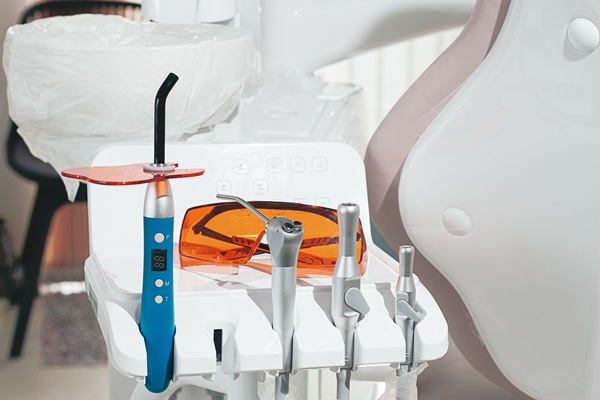A General Dentist Answers Questions About Root Canal Therapy

A general dentist is someone who helps individuals maintain a healthy oral cavity, and that includes performing root canal therapy as needed. Root canals are a procedure that often strikes anxiety in individuals because it was once said to be painful; however, that is actually far from true! Modern-day dentistry has allowed for quite the evolution, making the procedure seamless and quite helpful for oral health.
1. When is root canal therapy needed?
Root canal therapy is needed when a tooth is severely infected by accumulated bacteria. In early cases of tooth decay, general dentists will typically treat cavities with a filling or dental crown, depending on the size of the damage. However, in moderate to severe cases, a root canal may be required, as it is a more aggressive approach to treating cavities.
2. Does a general dentist perform root canal therapy?
Yes! General dentists are qualified and trained to perform root canal therapy. In some cases, a general dentist may refer the patient out to a specialist, such as an endodontist. However, in mild to moderate situations, a general dentist can perform the procedure.
3. What is involved in root canal therapy?
Root canal therapy involves removing the infected areas of the tooth, including the nerves, which are typically infected. The canal of the tooth is cleaned out and then filled with rubber material. A temporary dental crown is placed on top of the tooth, and the patient is sent home. A few weeks later, the general dentist places the permanent crown, which completes the root canal therapy process.
4. What does a general dentist suggest after a root canal?
General dentists suggest a few things after a root canal. It is important to follow these guidelines in order to heal appropriately. Typical suggestions include the following:
- Rinse gently with saltwater
- Continue to brush the rest of the teeth to avoid infection
- Avoid foods that are sticky, hard, or tough
- Follow up with the general dentist a few days after the procedure
5. Will root canal therapy prevent future cavities?
Not necessarily. Root canal therapy does get rid of cavities that are present in the tooth being worked on, and because the nerves of the tooth are removed, it is not possible for an internal dentin infection to come back. However, it is important to know that the treatment itself will not prevent future cavities and patients need to continue to take proper care of their teeth to prevent decay.
Find out more from a general dentist
Do you have additional questions or concerns about root canal therapy? The Smiles of Riverstone team is here to address them appropriately and help you feel more prepared for an upcoming procedure. Reach out to our Missouri City office today to learn more about our services or to schedule an appointment.
Request an appointment here: https://www.smilesofriverstone.com or call Smiles of Riverstone at (281) 410-1187 for an appointment in our Missouri City office.
Check out what others are saying about our dental services on Yelp: General Dentist in Missouri City, TX.
Related Posts
Our general dentist recommends brushing with a toothpaste that contains fluoride to give your teeth the highest level of protection possible against tooth decay. Fluoride is a naturally occurring chemical that helps to re-mineralize and strengthen teeth enamel.Fluoride can be found in natural bodies of water, as well as many fruits and vegetables like grapes…
Visits to your general dentist are done routinely, which for most people is twice per year or every six months. Sometimes, your dentist may recommend a deep dental cleaning. What is that? In this article, we will review what a dental cleaning is and when you might be due for one.Just like spring cleaning in…
General dentistry is about more than keeping your teeth looking good. Oral health has a strong connection to your overall health, both affecting each other in turn because your mouth connects the outside environment to the inside of your body. As a result, practicing oral hygiene — or failing to do so — is a…
For some people, a dental checkup for teeth cleaning is a dreadful experience. The noise and probing are more than enough to make them stay away from any dental clinic. A dental cleaning is not at all painful or invasive. Knowing the steps in a regular dental cleaning may put patients at ease. Below are…


